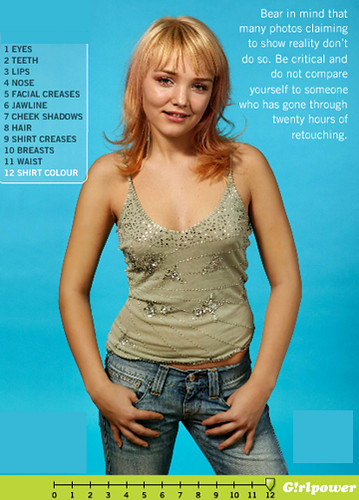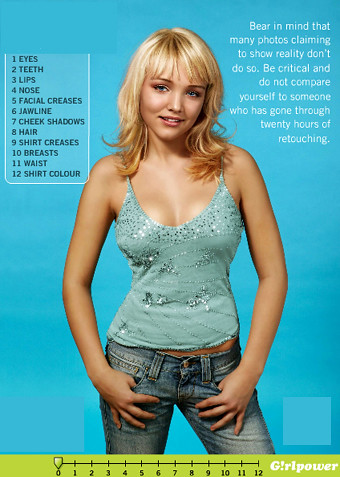
Youth Marketers Feel It Is Appropriate to Begin Marketing to Kids at Age Seven
Results from Harris Interactive/Kid Power Poll of Youth Marketers shows three-fourths think the positive impact their organization has on youth far outweighs any negatives
ROCHESTER, N.Y. – April 20, 2004 – A new ground-breaking survey of professionals who work in youth-related fields shows that they feel it is appropriate to begin marketing to children at age seven, on average. This is more than two years before they feel most young people can view advertising critically (age 9.1), or when they feel most young people can effectively separate fantasy from reality in media and advertising (age 9.3). Youth marketers feel it is appropriate to target marketing to children almost five years before they feel that most young people can make intelligent choices as consumers (age 11.7).
These are some of the findings of the Harris Interactive/Kid Power Poll of Youth Marketers conducted online by Harris Interactive in February 2004 among 878 individuals working in youth-related fields. Survey participants were professionals working in a range of youth-related fields, including: youth marketing, market research, advertising/public relations, media, education and non-profit organizations. The poll covered a number of topics regarding commercialism and youth, marketing in schools, youth obesity, and sexual and violent content in media.
"The poll results show that youth marketers have a great deal of respect for the power and influence of children," said Candi Schwartz, Managing Director of the Kid Power Exchange. "In fact, we found that youth marketers tend to define today’s young generation as a consumer group."
Study findings indicate that:
91% of respondents feel that today’s youth are more powerful consumers than young people were 10 to15 years ago
91% agree that young people are marketed to in ways that they don’t even notice
61% agree that advertising to children begins at too young an age
"This poll shows that youth marketers are pressured by a sense of urgency to reach kids early so that brands will be familiar to them when they do reach an age where they make or influence purchase decisions," said John Geraci, Vice President of Youth Research at Harris Interactive. "Data also show that those working in youth fields are comfortable and supportive of their organization’s practices. They welcome the challenge and responsibility that comes with serving the needs of young consumers and their parents."
Additional findings from the study include:
91% feel that their organization treats young people with respect
90% feel their organization treats parents with respect
78% feel that their organization plays a positive role in the lives of children
74% feel that the positive impact their organization has on children far outweighs any negatives
"Youth industry professionals tell us that many of their most ethical practices occur out of the view of the public," added Geraci. "They see ideas discarded because they may not be suitable for young consumers even though these ideas may have strong commercial value. They invest considerable resources on market research to ensure products have an educational value for youth and are acceptable to parents."




